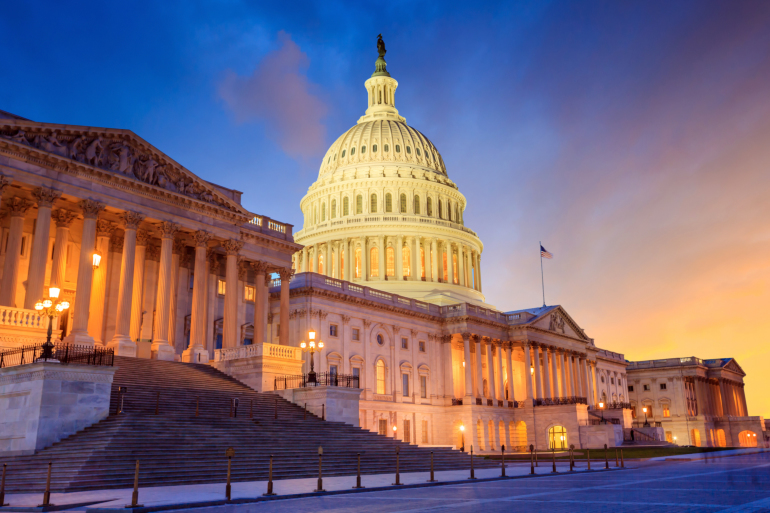Legal Update
May 27, 2021
More Enforcement is on the Way: The COVID-19 Fraud Enforcement Task Force
Since the dawn of the historic COVID-19 relief packages, which have doled out approximately $2.6 trillion to date (with more to be spent), the federal government has made no secret of the fact that it intends to ferret out and prosecute any wrongdoing involving those funds. In addition to misappropriation of relief funds, the government has also gone after those attempting to capitalize on the COVID-19 pandemic by defrauding consumers and the government alike. A number of violators have already been uncovered and prosecuted. And the government continues to ramp up its efforts and stay true to its word.
On May 17, 2021, the Attorney General announced the formation of a COVID-19 Fraud Enforcement Task Force, which is comprised of the largest enforcement entities in the government—from familiar players such as the US Attorneys, the Federal Bureau of Investigation, the Department of Justice Inspector General, and INTERPOL Washington, to numerous Offices of Inspectors General from executive branch agencies. Although various enforcement mechanisms to safeguard funds have already been established via the CARES Act, the COVID-19 Fraud Enforcement Task Force is intended to act as a supplement—or enforcer—to those existing mechanisms, such as a the Pandemic Response Accountability Committee (“PRAC”) and its own internal fraud task force.
The Attorney General’s memo identifies three particular goals of the Task Force: (1) to identify cross-governmental resources, investigative techniques, and information for uncovering fraud schemes and the actors who perpetrate them; (2) to harness what the government has learned about COVID-19 related fraud and other types of fraud from past efforts; and (3) to deter, detect, and disrupt future fraud wherever it occurs. Although lacking in specifics, these core principles continue to be at the center of the government’s enforcement effort, as it intends to “use every available federal tool—including criminal, civil, and administrative actions—to combat and prevent COVID-19 related fraud.”
As expected with any government relief program, fraud has been committed and the government has been vigilant in detecting the same, having already charged nearly 600 defendants to date with crimes involving over $600 million for a wide array of wrongdoing—peddling fake vaccines and counterfeit N95 masks, inflating payrolls to obtain larger loans, using shell companies set up to unlawfully obtain funds, false statements on loan applications, and misrepresentation of products and services being sold to the government.
The government has an array of criminal, civil, and administrative tools at its disposal to address procurement fraud, including the widely known, and frequently deployed, civil False Claims Act (“FCA”). The threat of prosecution does not just come from the federal government—it may come from within, via the qui tam, i.e. whistleblower, provision of the FCA which permits private individuals to bring actions on behalf of the government. Notably, the Attorney General’s memo identifies an enhanced public awareness campaign as one of the key efforts of the Task Force—that “a well-informed public is one of our strongest weapons in combatting fraud”—and that members of the public are encouraged to report criminal conduct to the National Center for Disaster Fraud. Thus, the government intends to encourage whistleblowers to supplement its own investigation and prosecution efforts.
Knowing that enforcement can be both external and internal, what should companies be doing to steer clear of prosecution? For starters, companies should remain vigilant over the use of COVID-19 relief funds. This includes fulfilling any promises made to the federal government in order to obtain those funds. In addition, companies should regularly review their quality control procedures to ensure the products they are providing to the government are not defective, counterfeit, or different from what the government is seeking to purchase. The best safeguard against running afoul of these rules is through a robust compliance program which involves, at a minimum, a written corporate code of ethics outlining the company’s commitment to compliance and corporate integrity. Conducting frequent trainings with your workforce and regular audits of your compliance program are good housekeeping measures that will go a long way in staying out of the limelight.


